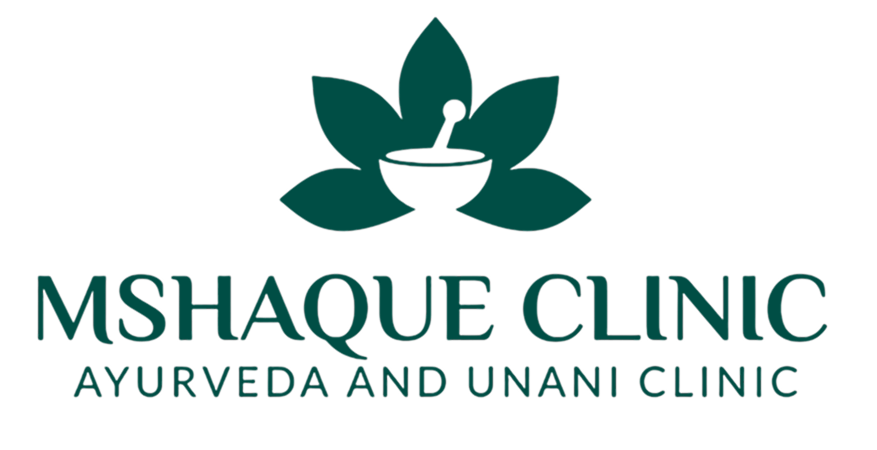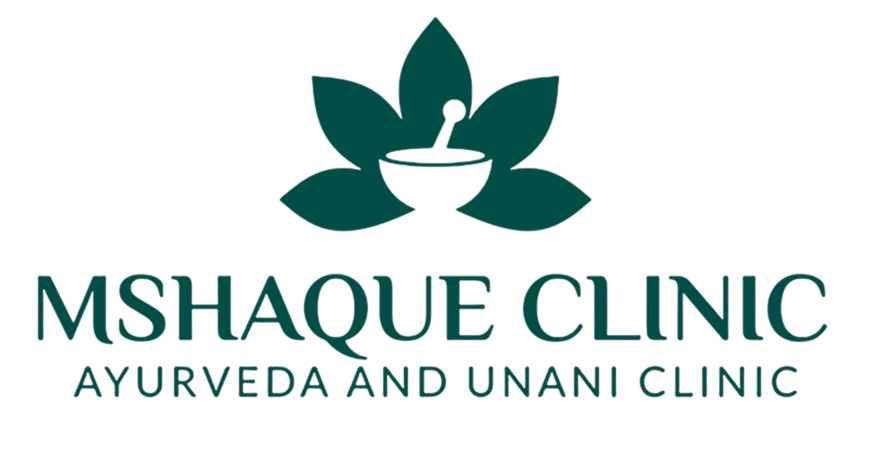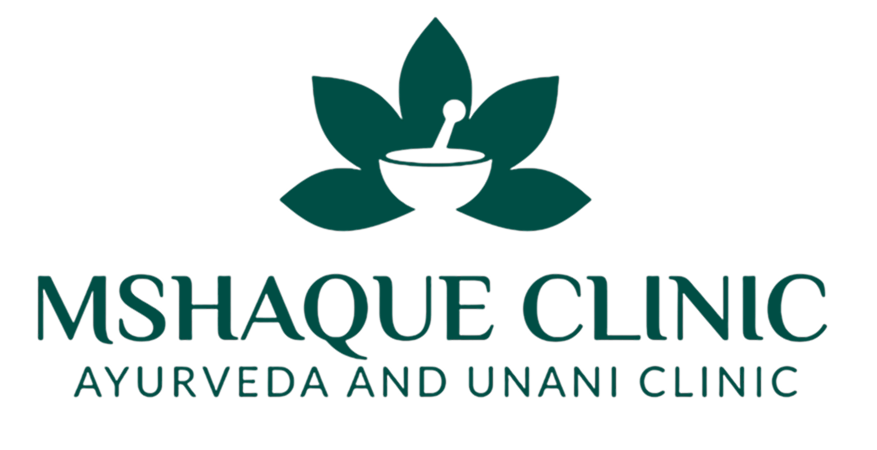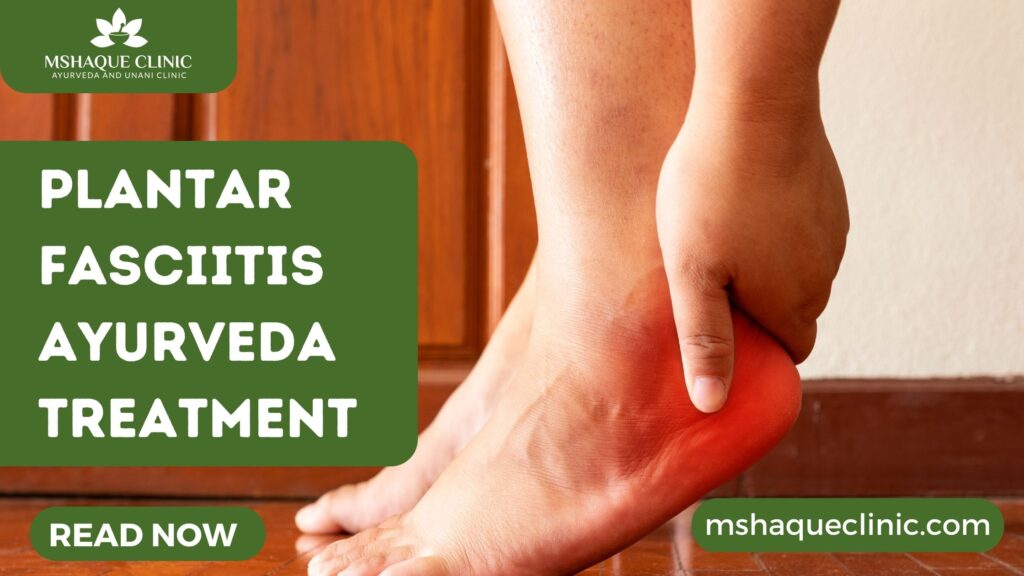Plantar Fasciitis Ayurveda Treatment: The plantar fascia, a thick band of tissue that runs along the sole and connects the heel bone to the toes, is affected by the common condition known as plantar fasciitis. Plantar fasciitis definition is characterized by heel pain and swelling, which are frequently worse in the morning or after periods of inactivity. While traditional therapies like rest, stretching, and orthotics are frequently advised, the traditional Indian medical system of Ayurveda also provides natural treatments that can be used with traditional therapies to cure plantar fasciitis. This post will discuss several Ayurvedic therapies for heel pain relief and the Ayurvedic perspective on plantar fasciitis.
Ayurvedic Understanding of Plantar Fasciitis
What is plantar fasciitis? According to Ayurveda, the fundamental energies known as doshas, which control the body and mind, are said to be out of balance and are the usual cause of plantar fasciitis. Plantar fasciitis is frequently attributed to an excess of the Vata dosha, which is connected to the air and ether components. When the vata dosha is out of equilibrium, the tissues and joints might become dry, cold, and unstable, resulting in discomfort and inflammation in the plantar fascia.
Plantar Fasciitis Ayurveda Treatment approaches.
How to cure plantar fasciitis? Ayurveda provides a comprehensive treatment for plantar fasciitis that includes advice on nutrition and lifestyle, herbal medicines, and external therapies. Ayurvedic medicine seeks to balance the doshas, fortify tissues, and lessen inflammation, which lessens discomfort and aids in recovery. The following are a few Ayurvedic remedies for Plantar fasciitis causes:
- Panchakarma: Ayurveda’s Panchakarma is a thorough detoxification and rejuvenation therapy that includes several treatments to rid the body of built-up toxins and balance the doshas. Abhyanga, Swedana, and Basti are examples of panchakarma therapies that can help reduce swelling, boost circulation, and relieve discomfort in the plantar fascia. To get Plantar Fasciitis Ayurveda Treatment, you can visit the Mshaque Clinic. We have the best ayurvedic experts, like Dr. M. S. Haque and Dr. A. Perwaiz, who will cure plantar fasciitis with ayurvedic treatment and herbs.
- Ayurvedic Diet: A healthy diet that is balanced and nourishing for your body type or dosha can support plantar fasciitis recovery. Vata dosha can be balanced and healing promoted by avoiding foods that exacerbate it, such as cold and dry foods, processed foods, and caffeine, and consuming warm, moist, and nutritious foods. Warm soups, ghee, ginger, and turmeric are among the foods that can help with plantar fasciitis by lowering inflammation and promoting recovery. You can visit the Mshaque Clinic for Plantar Fasciitis Ayurveda Treatment. We can provide you with natural treatment because we work with one of the finest ayurvedic specialists.
- Herbal Remedies: Certain Ayurvedic herbs’ anti-inflammatory, analgesic, and rejuvenating characteristics can help reduce pain and inflammation in the plantar fascia. Ashwagandha, Guggulu, Shallaki, and Dashamula are a few of the herbs that are frequently used to treat plantar fasciitis. These herbs can be applied topically as poultices, pastes, or oils to massage the problematic area or taken orally as herbal supplements. To get the best doctors for plantar fasciitis, you can visit the Mshaque Clinic. We have the best doctors who will take care of you naturally.
- External Therapies: To lessen discomfort and inflammation in the plantar fascia, Ayurveda suggests several external treatments that can be applied topically to the affected area. For instance, the practice of nasya, which includes putting medicinal oil or herbal powder in the nostrils, can balance the Vata dosha and enhance the blood flow to the feet. Warm herbal oils applied locally, such as Mahanarayana oil or Bala oil, can also ease stiffness and pain in the affected area. The practice of Padabhyanga, an ayurvedic foot massage, might also assist in lessening discomfort and swelling in the plantar fascia. A professional Ayurvedic therapist can massage the feet and activate the energy channels using particular techniques and herbal oils to improve circulation and promote healing. You can visit the Mshaque Clinic for Plantar Fasciitis Ayurveda Treatment. We can provide you with natural treatment because we work with one of the finest ayurvedic specialists.
- Yoga and Stretching: Regular mild yoga and stretching exercises can help with plantar fasciitis because they increase flexibility, build muscles and tendons, and lessen plantar fascia strain. Ayurveda suggests specific yoga asanas, such as Tadasana, Trikonasana, Virabhadrasana, and Ustrasana, as helpful for balancing Vata dosha and facilitating healing in plantar fasciitis. These positions improve blood flow to the feet and reduce inflammation by stretching and strengthening the plantar fascia, Achilles tendon, and calf muscles. Do these Plantar fasciitis exercises to cure plantar fasciitis. To guarantee perfect alignment and prevent any strain or injury, it is crucial to practice yoga and stretching under the supervision of a certified yoga instructor. You can visit the Mshaque Clinic for Plantar Fasciitis Ayurveda Treatment. We can provide you with natural treatment because we work with one of the finest ayurvedic specialists.
- Lifestyle Modifications: Changing certain aspects of one’s lifestyle might also aid in recovering plantar fasciitis, according to Ayurveda. Ayurveda strongly emphasizes following a regular daily schedule, eating meals at regular intervals, and obtaining enough relaxation and sleep. Reducing the amount of walking and standing you do and avoiding unpleasant footwear can help the plantar fascia heal faster.
- Mind-Body Techniques: Ayurveda acknowledges the link between the mind and body, and stress is believed to aggravate dosha imbalances. Incorporating mind-body practices like meditation, pranayama, and relaxation exercises can help lower stress and foster general well-being, indirectly aiding in the recovery of plantar fasciitis. To get Plantar Fasciitis Ayurveda Treatment, you can visit the Mshaque Clinic. We have the best ayurvedic experts, like Dr. M. S. Haque and Dr. A. Perwaiz, who will cure plantar fasciitis with ayurvedic treatment and herbs.
- Ayurvedic Home Remedies: Besides providing straightforward and efficient home remedies, Ayurveda also offers treatments for plantar fasciitis. Applying a mixture of turmeric and ginger powder combined with warm water or sesame oil to the affected area, for instance, will help lessen discomfort and inflammation. Pain and inflammation can also be reduced by soaking the feet in warm water containing Epsom salt or in Ayurvedic herbal concoctions like Dashamula Kwath or Triphala Kwath. You can visit the Mshaque Clinic for plantar fasciitis treatment. We can provide you with natural treatment because we work with one of the finest ayurvedic specialists.
It’s vital to remember that Ayurvedic therapies for plantar fasciitis might not offer relief right away and call for perseverance and constant effort. It is always advised to speak with a trained Ayurvedic practitioner who can assess your unique constitution, dosha imbalances, and the severity of the ailment to identify the best course of action.
Our Other Articles :
Ayurvedic Treatment Of Hydrocele- All You Need To Know
Adenomyosis Ayurveda Treatment- All You Need To Know
Inguinal Hernia Ayurvedic Treatment- All You Need To Know
Lichen Planus Ayurveda Treatment- All You Need To Know
Cellulitis Treatment In Ayurveda- All You Need To Know
Conclusion
Plantar fasciitis can be treated holistically with Ayurveda by balancing the doshas, bolstering the tissues, and lowering inflammation. Plantar fasciitis-related heel pain can be naturally and successfully relieved with a mix of Ayurvedic treatments, including Panchakarma, an Ayurvedic diet, herbal remedies, external therapies, yoga and stretching, lifestyle changes, and mind-body approaches. However, for a thorough evaluation and individualized treatment plan, speaking with a competent Ayurvedic practitioner is imperative. You can aid in the recovery of plantar fasciitis and advance general well-being by implementing Ayurvedic concepts into your way of life.
If you seek a natural and holistic approach to managing adenomyosis, consider consulting with Mshaque Clinic, a trusted and reputable Ayurvedic clinic. Your dosha imbalance and current health will be taken into consideration as our skilled Ayurvedic doctors create a customized treatment plan for you. Contact us today to schedule an appointment and take the first step toward restoring balance to your body.
FAQs
How to treat plantar fasciitis?
Treatment for plantar fasciitis may include rest, ice, stretching, footwear modification, physical therapy, and orthotic devices.
How can Ayurveda help with heel pain?
Ayurveda can help with heel pain by offering a holistic approach that includes balancing doshas, strengthening tissues, reducing inflammation, and promoting overall well-being.
What is the plantar fascia?
The plantar fascia is a substantial band of tissue that runs from the heel bone to the toes on the bottom of the foot, supporting the arch of the foot.




